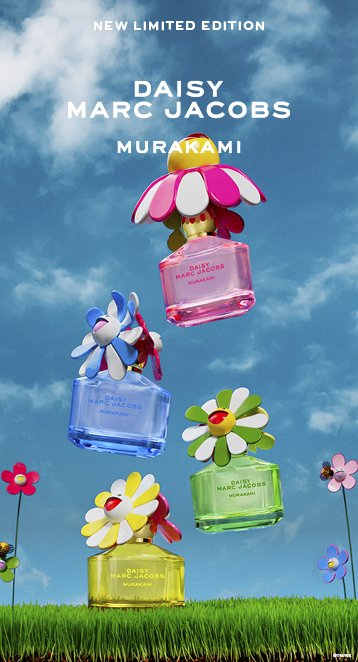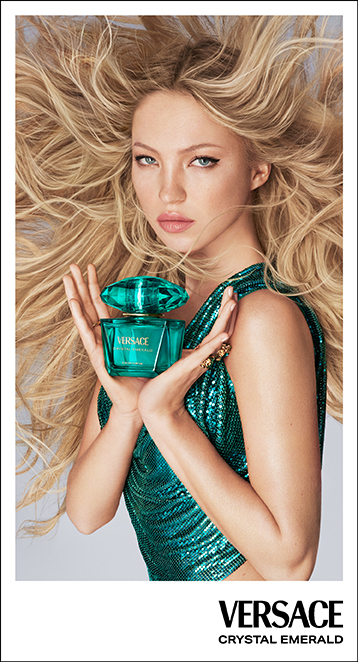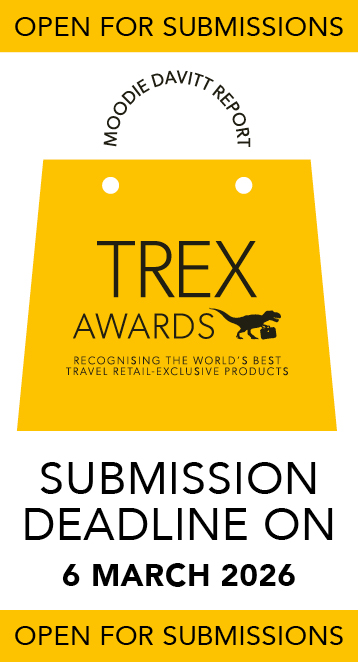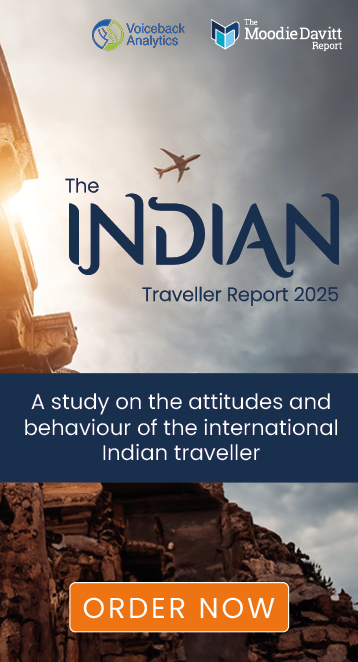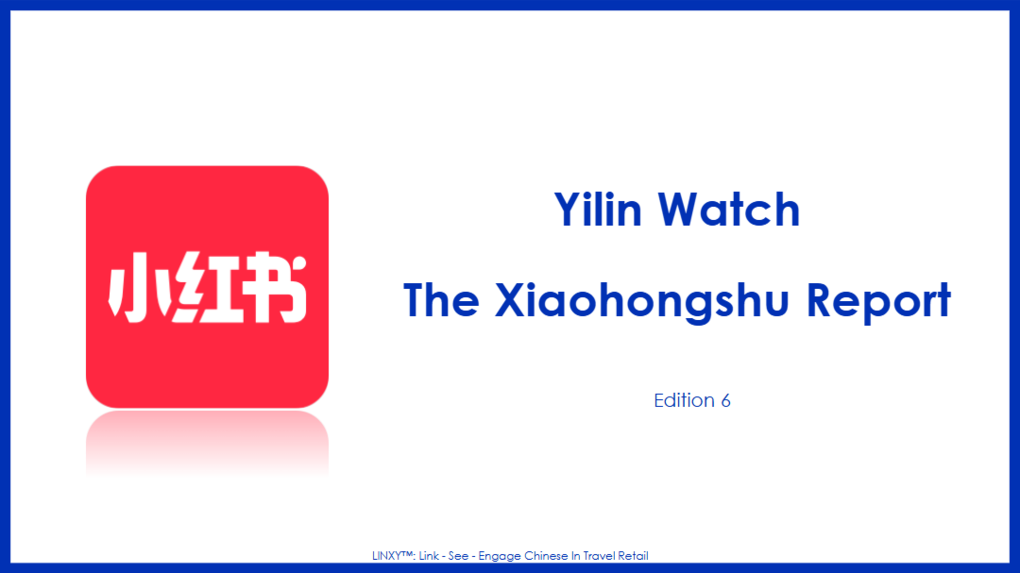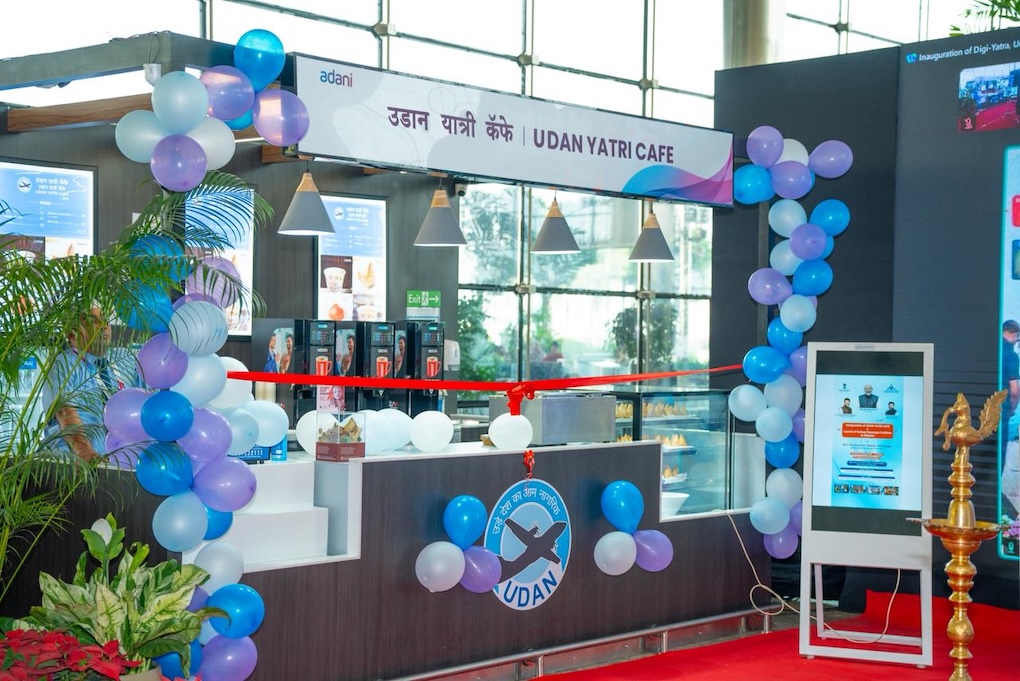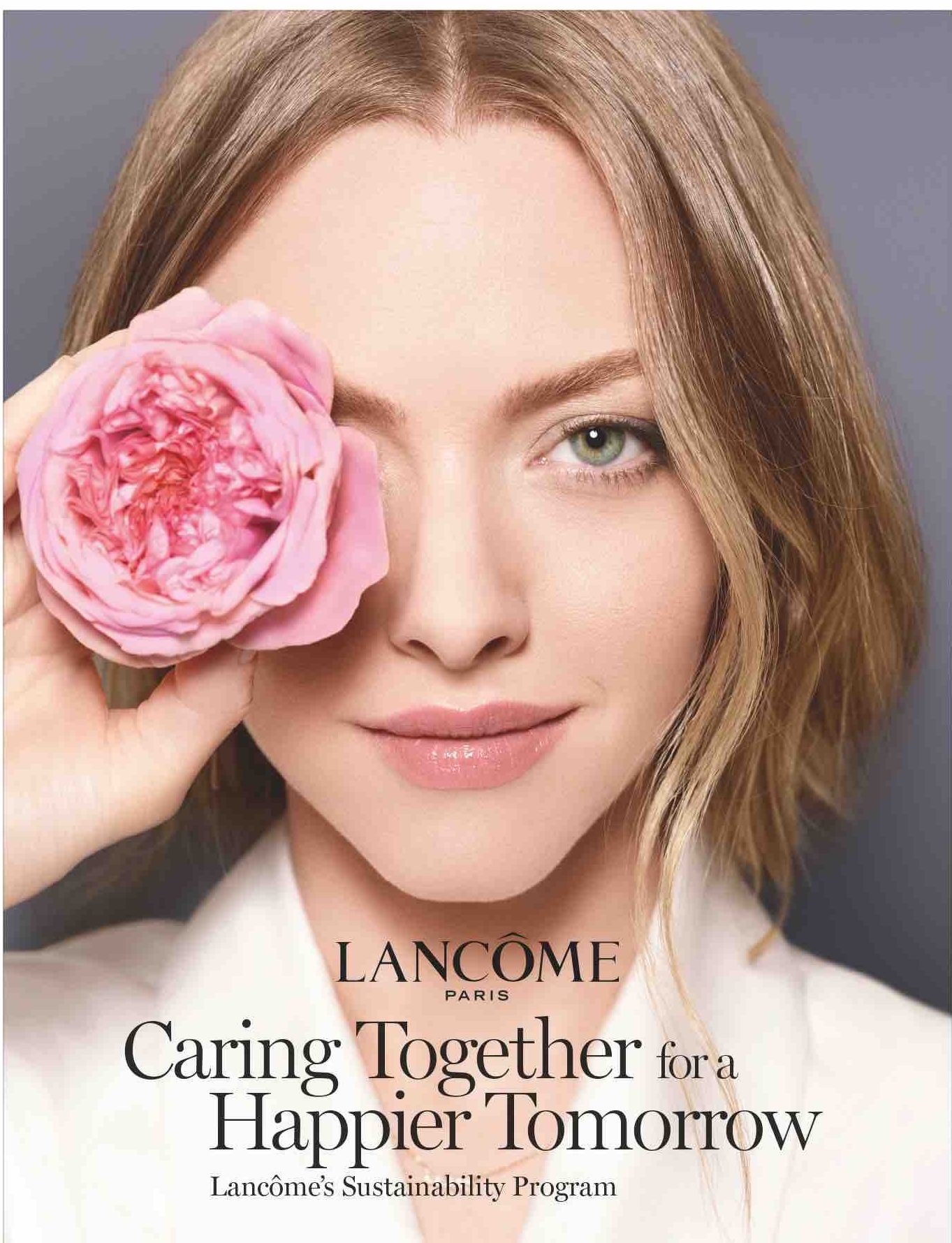
L’Oréal-owned beauty brand Lancôme has launched its ‘Caring Together for a Happier Tomorrow’ sustainability programme, outlining the brand’s sustainability and social inclusion ambitions.
The Caring Together for a Happier Tomorrow roadmap is built on three pillars that underscore Lancôme’s commitment to the environment, to consumers and to women.
These are Bring the World to Bloom, Live Responsibly and Write Her Future.
Bring the World to Bloom
Bring the World to Bloom is Lancôme’s biodiversity protection initiative. It aims to protect, improve and restore nature by reducing the environmental impact of its packaging and formulations.
Under this pillar, Lancôme is integrating more sustainable raw materials and harnessing green chemistry and biotechnology practices for its formulas. The brand has also pledged to use all parts of the rose, its signature flower, to develop new active ingredients and achieve zero waste production processes.
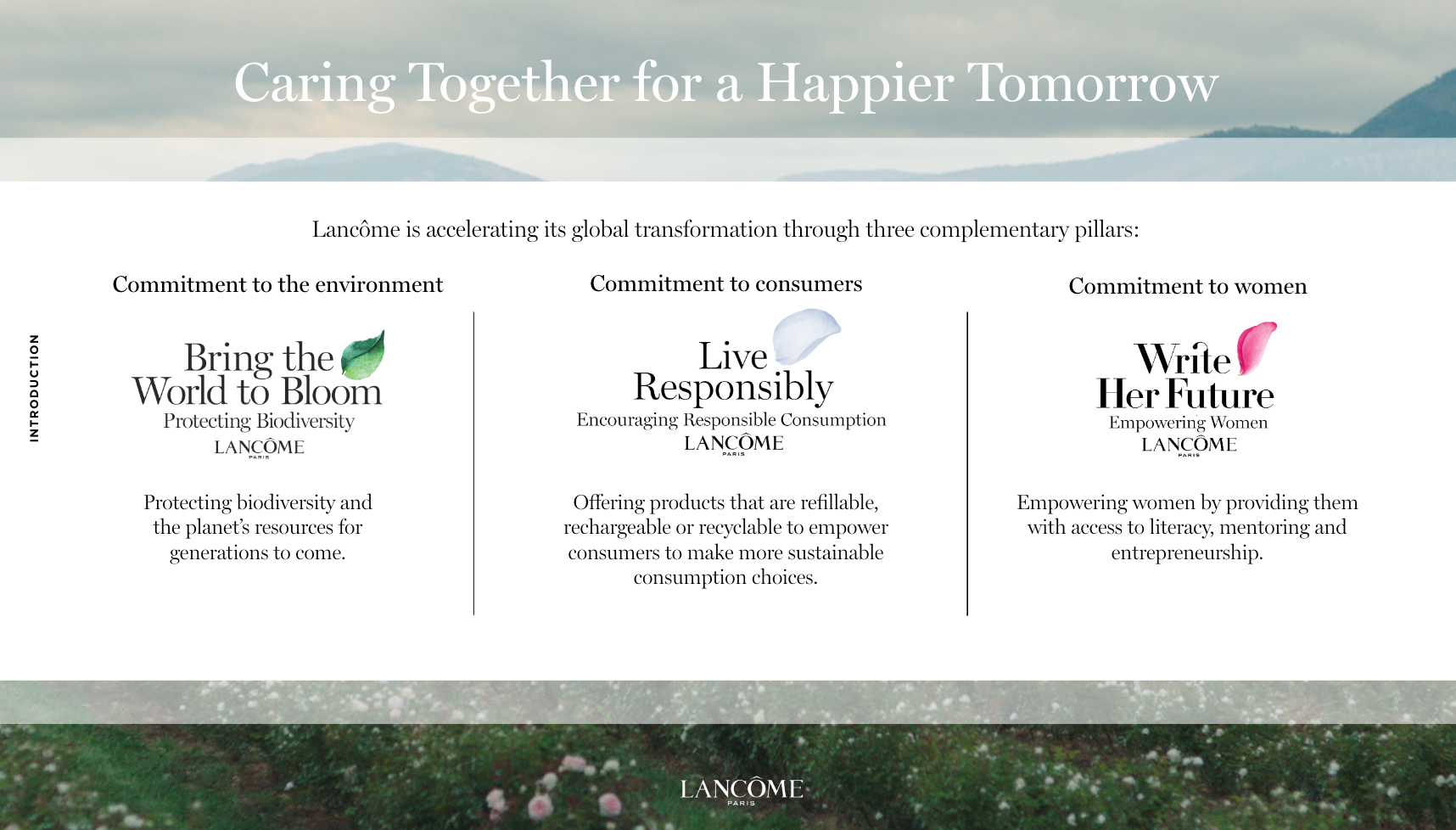
It has also committed to socially-responsible and sustainable sourcing of all major raw materials by 2030. Raw materials such as Isparta rose, aloe vera, centella and argan oil are examples of this solidarity programme.
Lancôme is also implementing regenerative agricultural practices and building partnerships with leading institutions to protect biodiversity. In Grasse, Provence and Valensole in France, Lancôme has shifted towards organic and sustainable cultivation methods for rose and other fragrance plants. In its newly-acquired Grasse Estate, Lancôme is reintroducing ancient aromatic flowers with the aim to turning the estate into a biodiversity shelter.
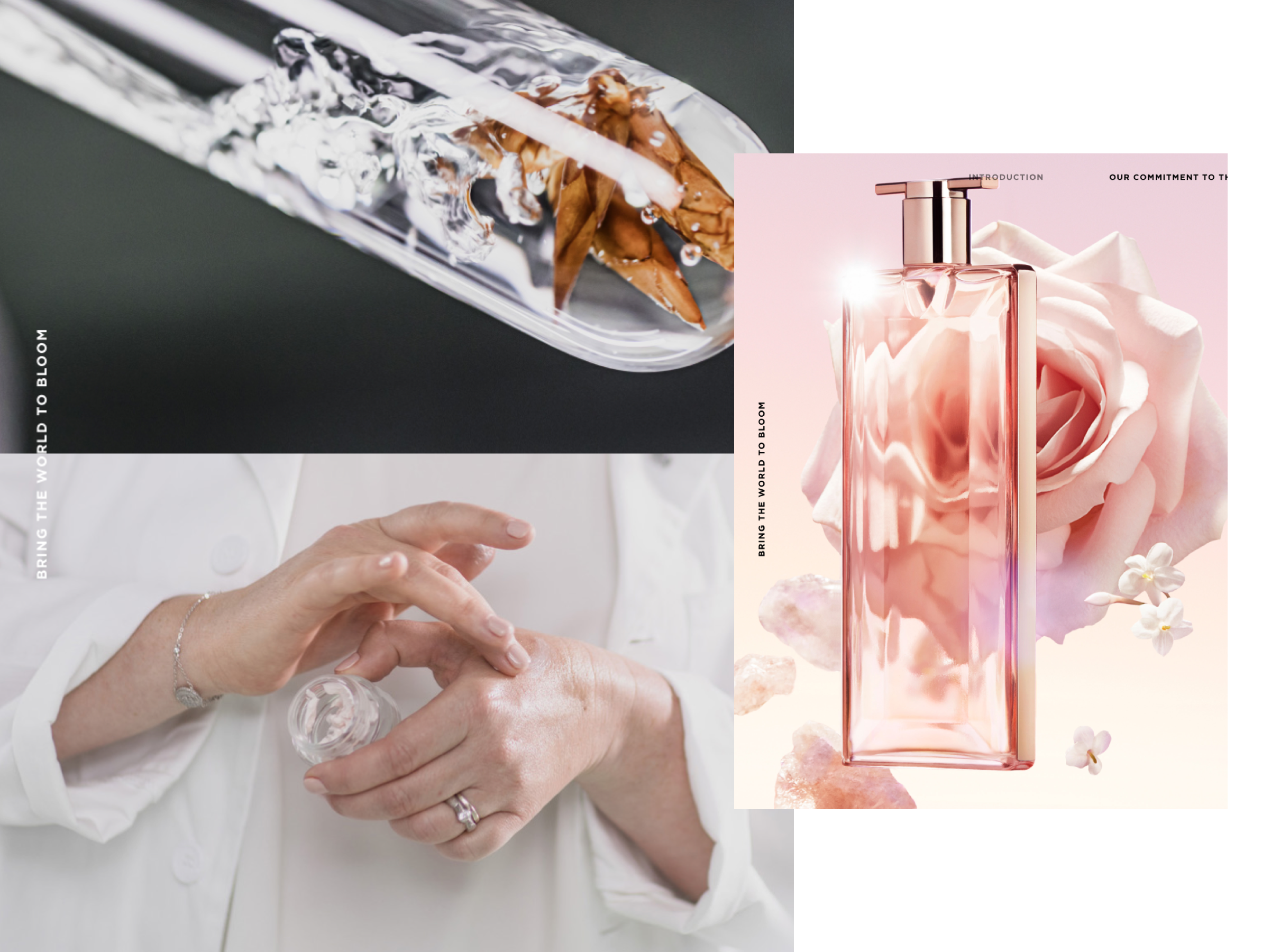
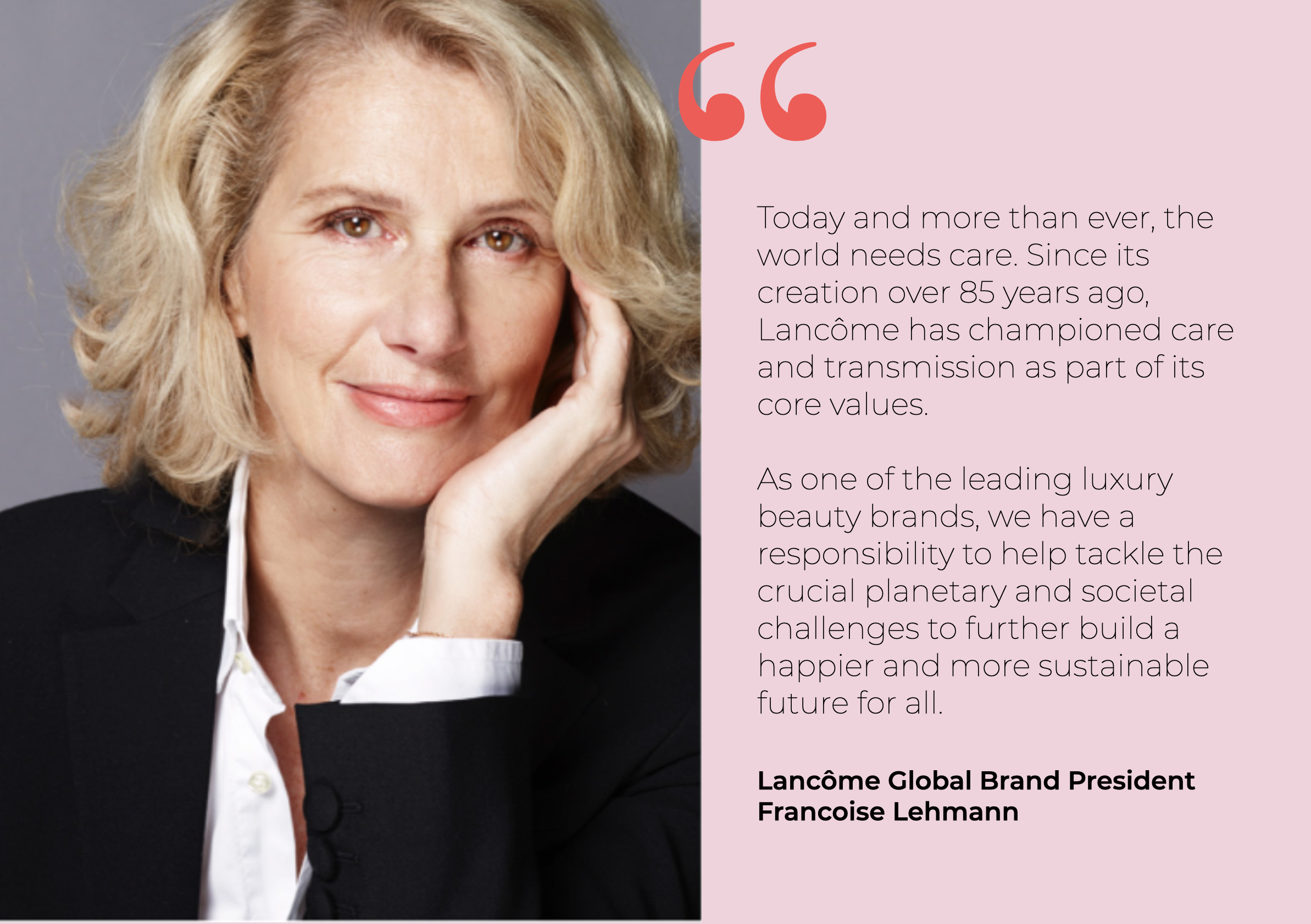
To date, 99% of roses used in Lancôme’s skincare and makeup products are organic. By 2025, the brand has committed to shift to 100% organic roses and 60% of production will be from French origins.
Lancôme has also committed to more sustainable packaging by moving away from virgin materials and incorporating more recyclable materials such as glass and post-consumer recycled plastic. The brand’s recycled glass packaging currently represents 10% of its total volumes. By 2030, it has pledged to shift 100% of all plastic to recycled or bio-based sources.
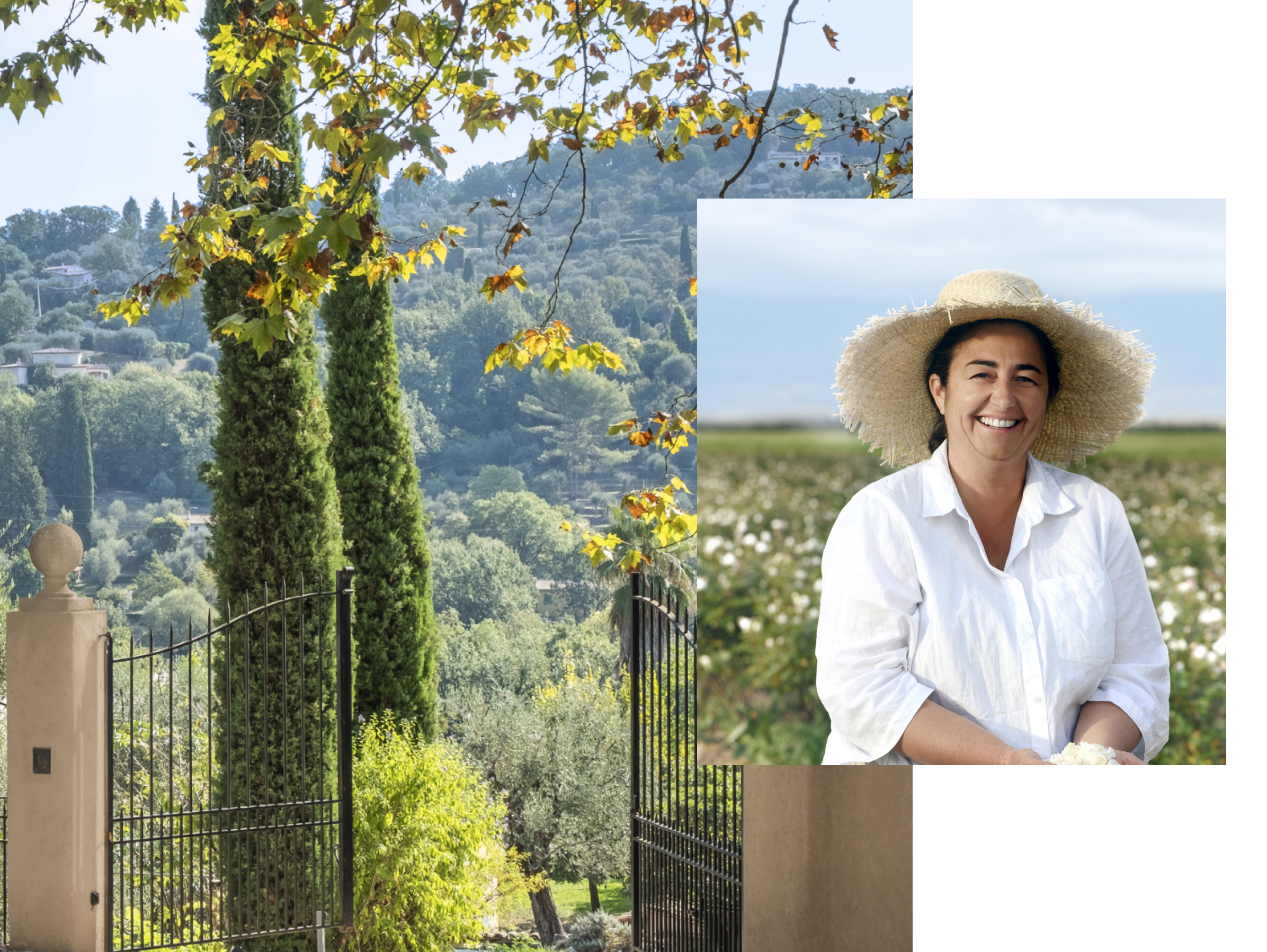
In addition, Lancôme has partnered with the National Museum of Natural History to support the conservation of endangered plant species. The project is supported by the Museum and implemented by the National Botanical Conservatory of the Paris Basin (CBNBP). It aims to repopulate endangered plant species in their natural environments, through seed collection and banking.
Live Responsibly
The Live Responsibly pillar underscores Lancôme’s commitment to providing customers with more sustainable products. Under this pillar, Lancôme has vowed to shift 100% of its best-selling products to refillable, recyclable or rechargeable formats by 2025.
It has also teamed up with recycling partners to install dedicated recycling bins in Lancôme stores worldwide. In China alone, Lancôme’s partnership with Terracycle has collected and recycled more than two million products in 2020.
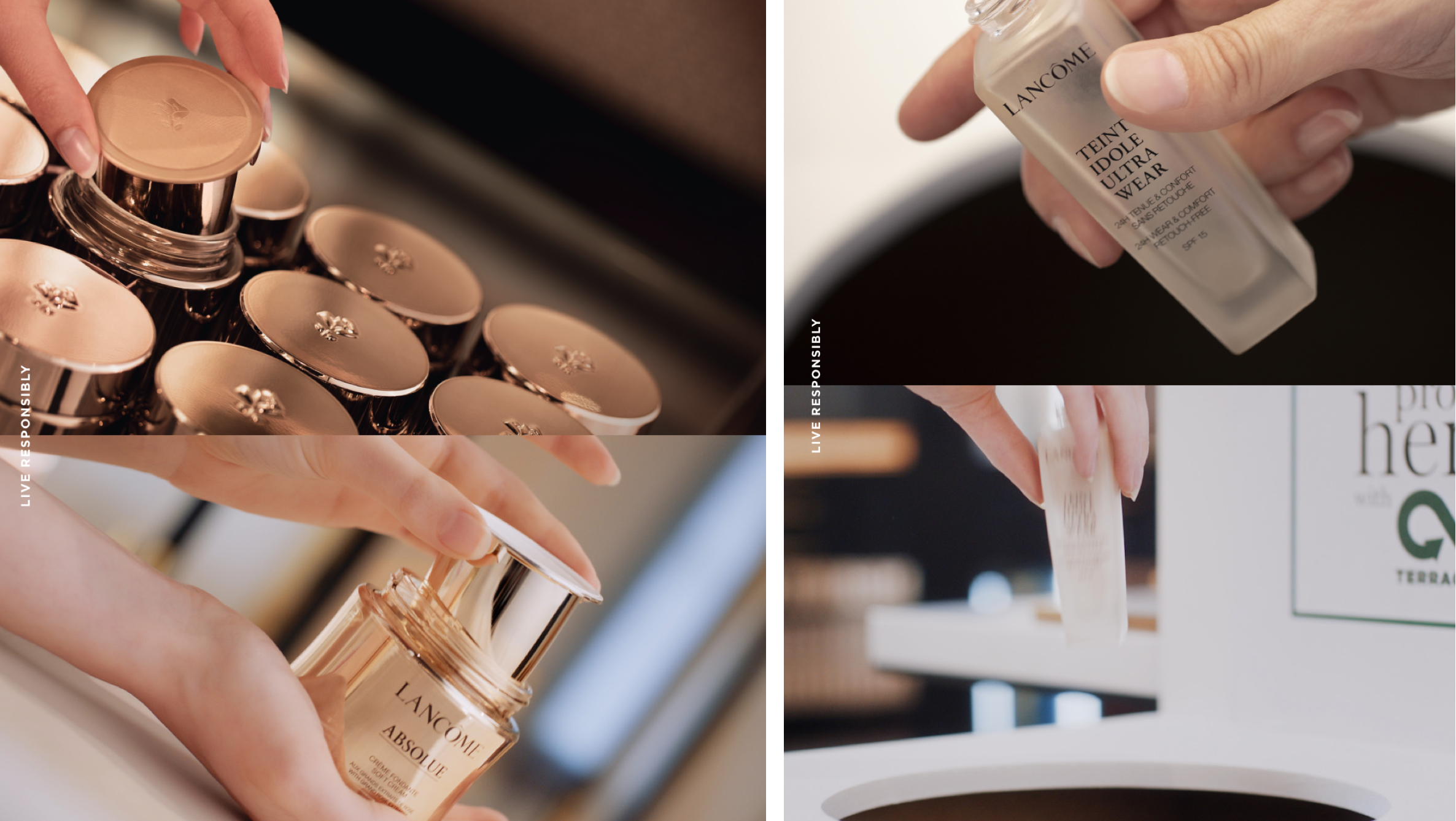
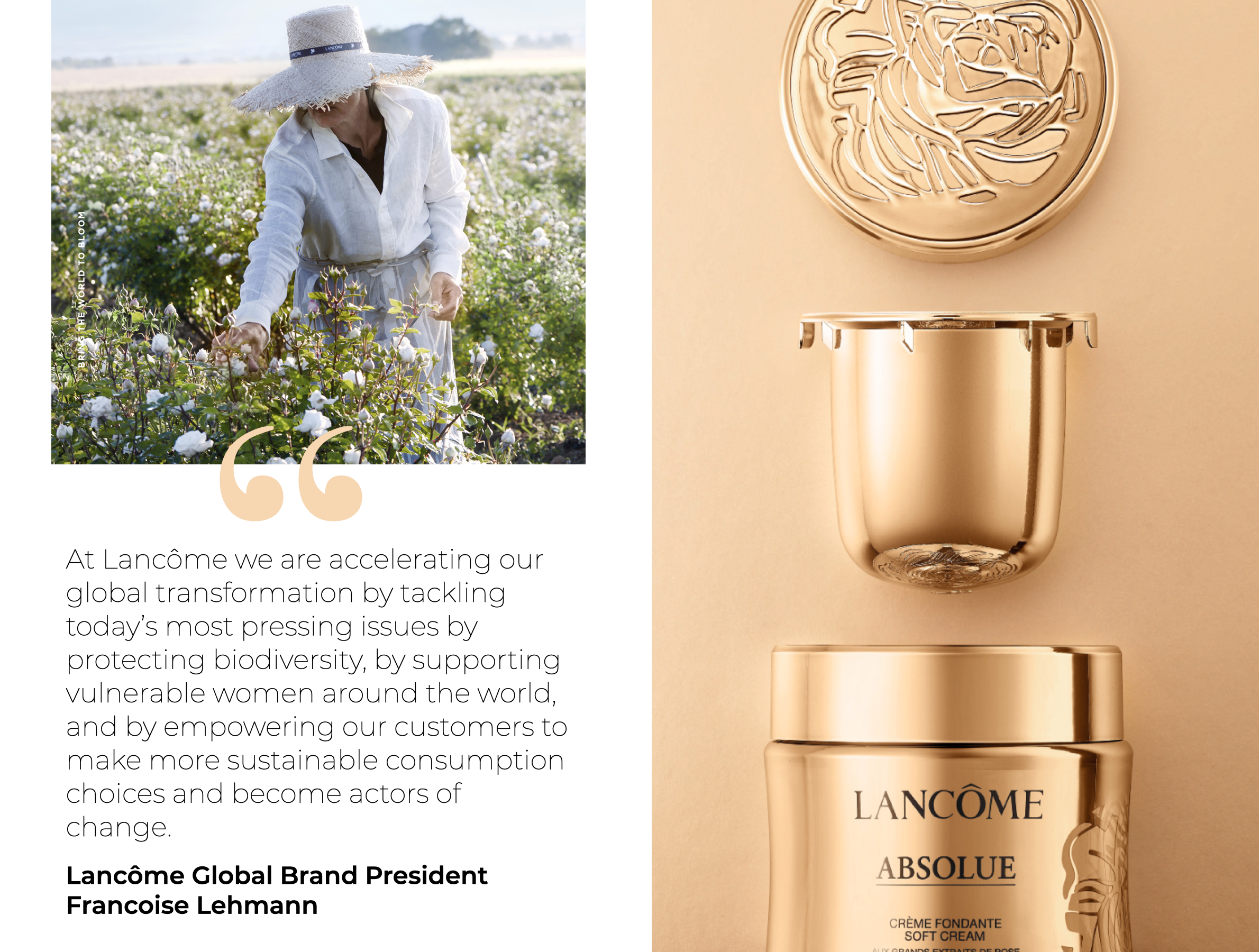
In addition, 100% of Lancôme’s stores are now eco-conceived, which means that displays, grids, glorifiers, trays and other retail assets are all made with recycled plastic.
Write Her Future
The Write Her Future Pillar underscores Lancôme’s commitment to empowering women. In 2017, Lancôme partnered with non-profit organisation Care International to launch the Write Her Future campaign and fight illiteracy among women. The campaign offers literacy, mentoring and entrepreneurship programmes and has helped more than 23,000 women across 13 countries. Lancôme aims to reach 50,000 women by 2022.
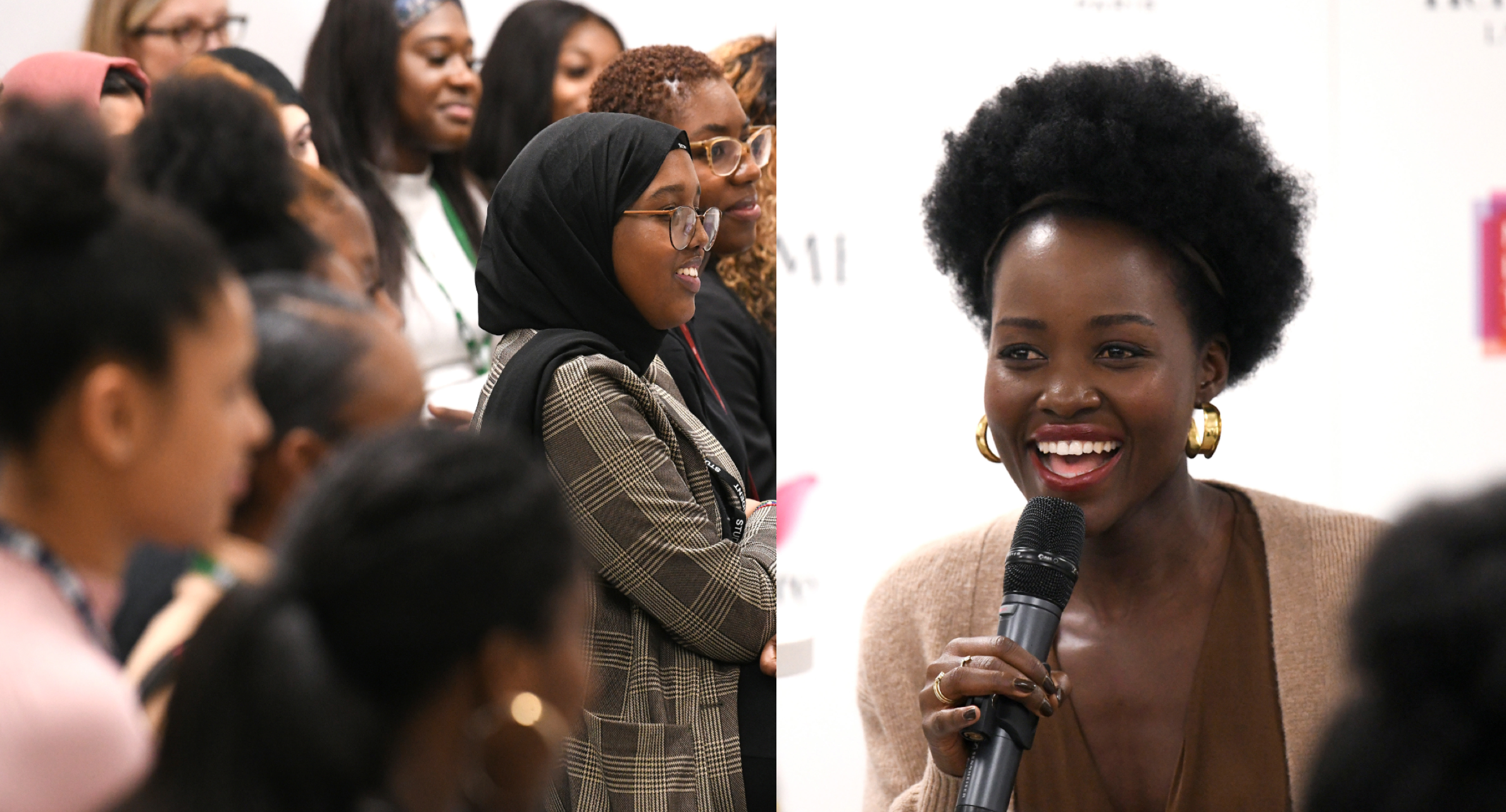
“Today and more than ever, the world needs care,” commented Lancôme Global Brand President Francoise Lehmann. “Since its creation over 85 years ago, Lancôme has championed care and transmission as part of its core values. As one of the leading luxury beauty brands, we have a responsibility to help tackle the crucial planetary and societal challenges to further build a happier and more sustainable future for all.
“At Lancôme we are accelerating our global transformation by tackling today’s most pressing issues by protecting biodiversity, by supporting vulnerable women around the world, and by empowering our customers to make more sustainable consumption choices and become actors of change.”




